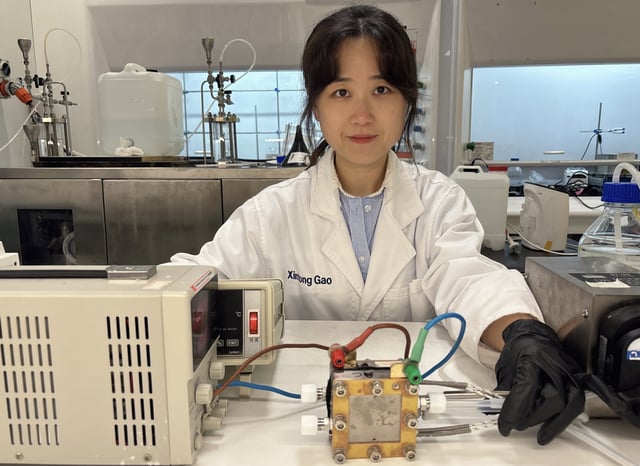Overview
- Two novel electrolysis systems developed by University of Adelaide researchers extract hydrogen from urea in wastewater and urine with 20–27% less energy than water electrolysis.
- The systems address key challenges of urea electrolysis, including low hydrogen yields and toxic by-products, by converting nitrogenous waste into harmless nitrogen gas.
- One system employs a membrane-free copper-catalyst design for pure urea, while the other uses a chlorine-mediated platinum-catalyst approach for real urine samples.
- Efforts are underway to replace platinum with carbon-supported, non-precious metal catalysts to enhance cost-effectiveness and sustainability.
- Researchers aim to scale the systems for decentralized hydrogen production at wastewater treatment facilities, promoting local green energy solutions.
